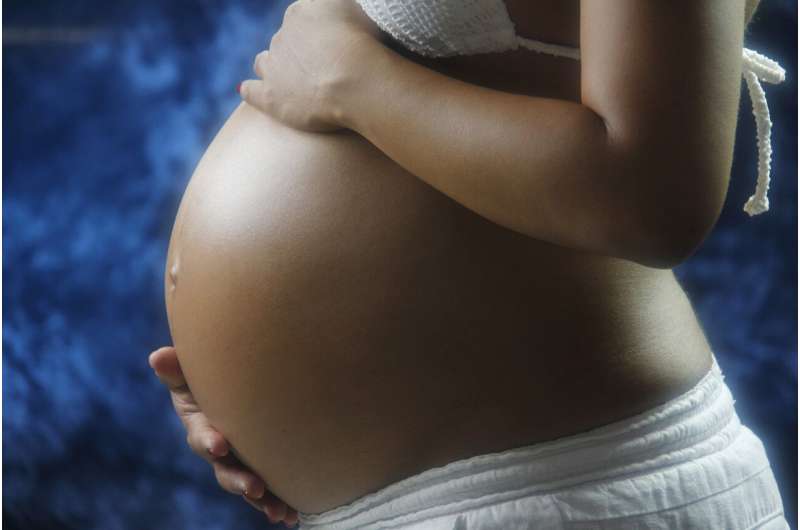Crisis pregnancy centers may be hurting public health efforts

Cases of sexually transmitted infections (STIs) and HIV are again on the rise in the U.S., giving new urgency to ongoing efforts to make STI and HIV services more accessible.
In recent years, crisis pregnancy centers (CPCs) have begun to offer some STI and HIV services, but new research from the University of Georgia suggests that these services may actually be hurting public health efforts to prevent and treat these infections.
"They advertise in ways to make themselves appear to be medical facilities, though most people who work at CPCs aren't medically trained, and they do not offer comprehensive medical services or follow evidence-based medical practices. For example, they have policies against promoting condoms," said study author Andrea Swartzendruber, an associate professor at UGA's College of Public Health who studies CPCs' impact on public health.
"From a public health perspective, those are major concerns that could cause real harm," she said.
Not meeting quality of care standards
CPCs are nonprofit, mainly religiously affiliated organizations whose main purpose is deterring abortions. In previous studies, Swartzendruber has shown that these centers frequently share misinformation about abortions as well as prevention methods such as condom use.
National guidelines recommend that anyone seeking STI testing services should be tested for HIV and a full range of STIs based on individual risk factors and community prevalence. Clinics should have a plan to treat positive cases on site, provide a prescription, or refer them for treatment. Partners of people testing positive for STIs also need testing and treatment services.
Using data from CPC Map, an online directory of crisis pregnancy centers developed by Swartzendruber and Lambert, the researchers identified over 2,500 CPCs operating in the U.S. between December 2018 and August 2019.
They assessed STI and HIV services advertised on CPC websites and used a standard script to call CPCs about the availability of services. They were able to reach 99% of all CPCs.
"About 20% of CPCs offered testing for at least one STI but often failed to offer testing for other STIs, including HIV. Approximately one-quarter of centers that offered testing appeared to have no strategy for making sure people got appropriate treatment," said co-author Danielle Lambert, an assistant professor in the College of Public Health.
In Georgia, where HIV rates are among the highest in the nation, nearly one-third of CPCs that offered STI testing failed to offer STI treatment, and nearly half failed to offer HIV testing. None of the 77 CPCs in Georgia where HIV testing was unavailable provided a referral.
The research was published in Sexually Transmitted Diseases.
More information: Andrea Swartzendruber et al, The Availability of HIV and Sexually Transmitted Infection Testing and Treatment Services at Crisis Pregnancy Centers in the United States, Sexually Transmitted Diseases (2021). DOI: 10.1097/OLQ.0000000000001406
CPC Map: crisispregnancycentermap.com/





















